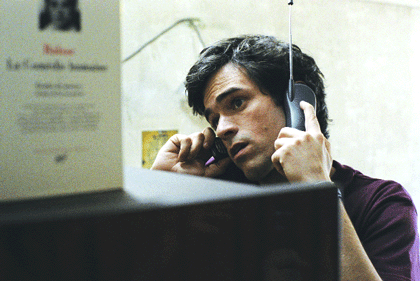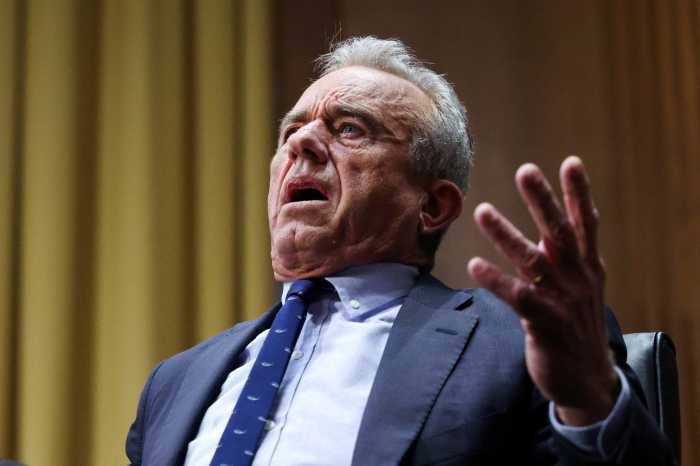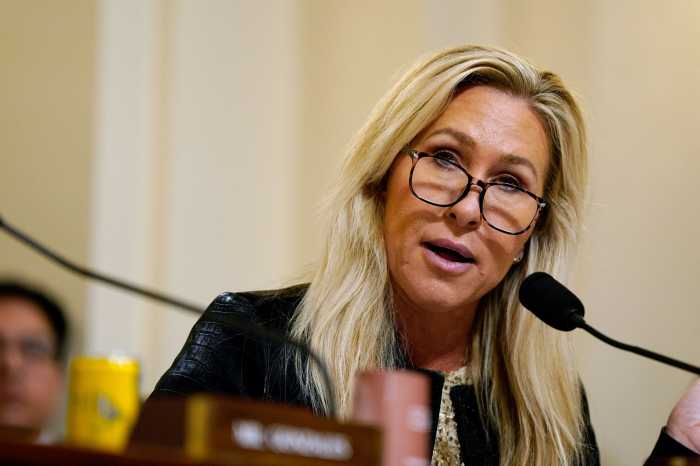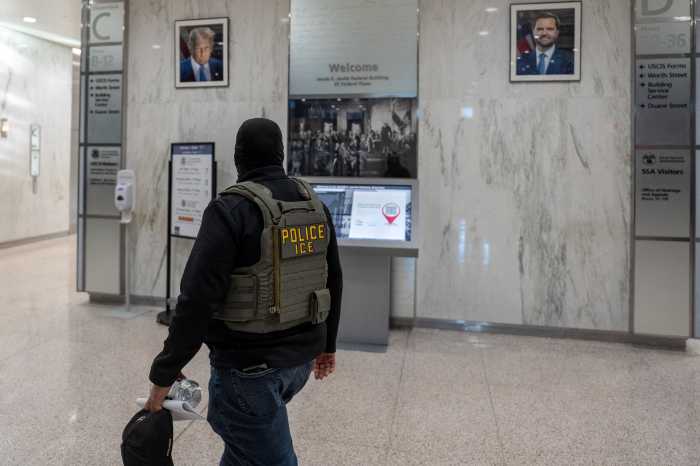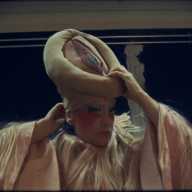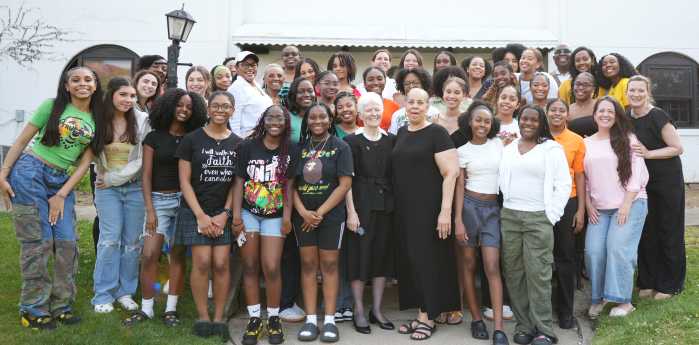No Truffaut treat, “Russian Dolls” stays superficial
Xavier, the protagonist of “Russian Dolls,” works on a script for a made-for-TV romance in Paris. His producers tell him to embrace clichés, a request he obliges. “Russian Dolls” mocks the result, staging scenes from the teleplay in overwrought soap opera style. Unfortunately, “Russian Dolls,” directed by Cédric Klapisch, isn’t much superior to its object of ridicule. Its own ideas about love and Generation X are pretty trite.
The title refers to the notion of relationships as a series of interlocking dolls, with lifelong love as the prize at the center. According to the film, sex and short-term relationships are easy to find, but true love is elusive. Serial monogamy is a more realistic goal than finding Prince or Princess Charming and settling down with him or her for life. Growing up means abandoning—or at least modifying—one’s dreams of finding fulfilling work.
“Russian Dolls” takes place five years after Klapisch’s “L’Auberge Espagnole,” with the same cast of characters. Xavier (Romain Durais) relates the recent events of his life as he types on a laptop computer during a train journey. He wrote a novel called “L’Auberge Espagnole,” but he has not been able to sell it to a publisher. To make ends meet, he works various freelance writing jobs. The most substantial one seems to be his teleplay, but it’s threatened by its producers’ sudden demand that the script be written in English.
Xavier stays in contact with his ex-girlfriend Martine (Audrey Tautou), who’s raising a young boy from another relationship that didn’t work out. He rooms with his lesbian friend Isabelle (Cécile de France), a TV anchor who seems to be doing better financially than most of Xavier’s circle. An old British friend, William (Kevin Bishop), recommends his sister Wendy (Kelly Reilly) as a co-writer, so Xavier travels back and forth between Paris and London. Wendy’s in the process of breaking up with a boorish boyfriend, and she and Xavier become involved. Their relationship is made more difficult by his demanding travel schedule, as he must periodically return to Paris to ghostwrite a supermodel’s memoir.
Looking back, the ‘90s now seem like a golden age of French cinema, with numerous promising young directors debuting and older filmmakers like André Téchiné and Benoit Jacquot getting a second wind. Klapisch’s “Un Air de Famille” and “When the Cat’s Away,” both made in 1996, were part of this renaissance. The former was particularly impressive for making a play—written by Agnes Jaoui and Jean-Pierre Bacri, who also acted in the film—cinematic without opening it up much. Shot on a single set—with the exception of a handful of exteriors—it made excellent use of the widescreen frame.
On the other hand, “When the Cat’s Away” showed a strong attachment to everyday life in a changing neighborhood. Grounded strongly in Paris, it nevertheless rings true to my experiences of the past decade in a rapidly gentrifying New York. Alas, the rest of Klapisch’s oeuvre has fallen far short of those two films’ accomplishments.
“Russian Dolls” is told mostly in flashback, with many leaps in time and parallel storylines. Stylistically, it’s a lot less assured than “Un Air de Famille,” settling for a generic hipness that’s adventurous only in the most middlebrow ways, such as the use of split screen. Klapisch doesn’t do anything particularly interesting with DV, and the cinematography looks muddy at times. It’s most enjoyable as a series of vignettes—there’s a wonderful sequence where Xavier and Isabelle, who dons a dress and pretends to be his fiancée, go to have dinner with his 98-year-old grandfather. Cécile de France’s comic timing is superb, and she gives the film’s liveliest performance. When “Russian Dolls” aims for a more ambitious generational statement, it falls so flat that it makes “Reality Bites” look like a masterpiece.
The film’s sensibility is post-EU, but its cosmopolitanism is superficial. While it takes place in Paris, London, St. Petersburg, and Moscow, it views England and Russia with a tourist’s eye. In its own way, “Russian Dolls” seems to be trying to comment on globalization—a theme that becomes most overt when Xavier’s in danger of having his script terminated—but it’s as self-absorbed as its characters. It can’t sustain its 129-minute length, feeling more like an overextended “Friends” episode than the Truffaut comedies it initially evokes. “Russian Dolls” aims for a mature look at the dilemmas facing 30-year-olds, but when it takes itself too seriously, it only shows how shallow its ideas are.
gaycitynews.com

